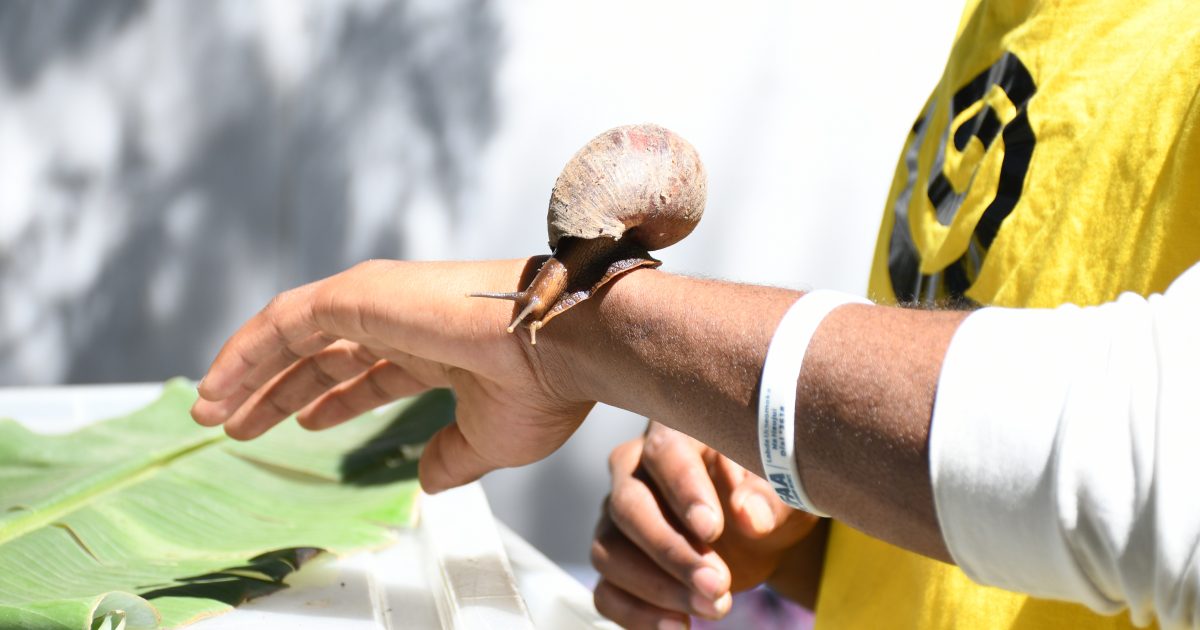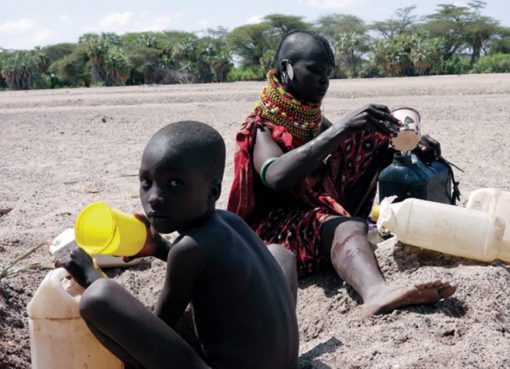Skincare products in the country have been blamed for increased number of dermatological conditions, especially facial, that cause sleepless nights to their users. Skin disorders such as Eczema and Acne have been linked to reactions to skin care products that end up aggravating conditions.
Many cosmetic innovators in Kenya are always struggling with the question of how well they can meet their customers’ needs; the desire to keep the fine, flawless skin that remains well hydrated and nourished as well as firm through to old age.
Natural products continue to characterize shelves in cosmetic shops as more solutions come in to compliment the overreliance of chemical-based solutions that have been linked to the growing number of dermatological cancers.
Closer home, Aloe Vera, Muringa, Mwarubaini, various nuts and other plants have continued to be exploited to afford this fairness. Animal products such as goat milk have also hit the shelves, as the cosmetic industry seeks to enrich the skin.
The use of slimy snail serum to enhance skin care is the new entrant in the field. It has started gaining momentum in the country, putting farmers on the run to meet the growing demand.
One such farmer, Wangari Waweru, from Nakuru’s Bahati Constituency says she is sure that the serum is the solution to skincare and that her determination is all that is required.
“The Golden Snail Farm started 10 years ago, but was at the time motivated by the growing demand for snails’ delicacies in the country. The business fetched good money but I later decided to diversify to slime production and making of soaps, pure slime and now a cream for skin care.
“This has been my latest venture as I help other farmers start their farms and grow their markets,” says Wangari.
The Giant African Land Variety (Achatinide Fulica) that are known for their delicacy and resilience, are her pride. Housed in a 100 meters square green house, the silent creatures complete her.
“Slime is the best-known medication for cuts, burns, eczema and other skin conditions. Pure slime, that is my main product at the farm is used in theatre rooms for the cuts.
“The Caviar which is the snail eggs has come in handy in the making of the facial creams and soaps that are a favourite of our customers,” Wangari adds, noting that once a customer tries the products, they get hooked to.
The mother of three smiles at my frowns, her skin glows and looks firmly attached to her cheeks. No acne, no dark marks, her pores visibly countable and breathing.
“Many people will not use the slime directly on themselves as many associate snails with mucus, that is what made us think of value addition that allows them to enjoy the benefits with ease.
The common cough syrups are made from the serum as it is the best medicine for the coughs, she tells me the creams are good for stretch marks as they keep the skin moist and flexible.

“Sun burns, heat rushes and dark marks are gone in just a few days of trying these products. We use cucumber, strawberries and aloe vera from the farm to enhance the slime, to make the soaps and lotions. No essence is used except for the Sweet lemon essence that I get from a farmer within the country,” she discloses, displaying her soaps wrapped in golden packets.
James Karanja, a worker at the farm pulls one of the snails from the plastic boxes displayed at a stand at the Nakuru ASK Show ground, and places it on his arm. Carefully, the crawling giant snail lustfully carries its shell, slowly it massages his hand.
“Nakuru is a bit cold and we use the green house to ensure the snails remain productive and active. The boxes are stocked with sterilized soils and covered with transparent net to allow air in and keep predators away.
“We feed the snails on these cabbages and fruits especially the watermelon that allows it to enjoy the water and keep the soils around it moist all the time,” addes Wangari.
Wangari has recruited beginners who have been doing snails for consumption and the slime that they sell to her at affordable rates.
How does she harvest the slime?
“That’s my secret on the farm, I only have to massage the snail, but I don’t kill them,” she laughs off, beaming with hope that the edible slimy creatures were a game changer in the country.
Then how did she start off? Her interest was drawn from the perennial disappointments she got from poor markets for her farm produce. Her years growing vegetables and potatoes wore her out, until she met a farmer raring snail in Kisumu. She has never stopped learning the trade.
“I had to get a license from the Kenya Wildlife Services that cost me Shs.1,500 and thereafter I drowned my Sh 30, 000 savings into the construction of the greenhouse and buying the plastic boxes. I have never looked back.”
By Anne Sabuni





